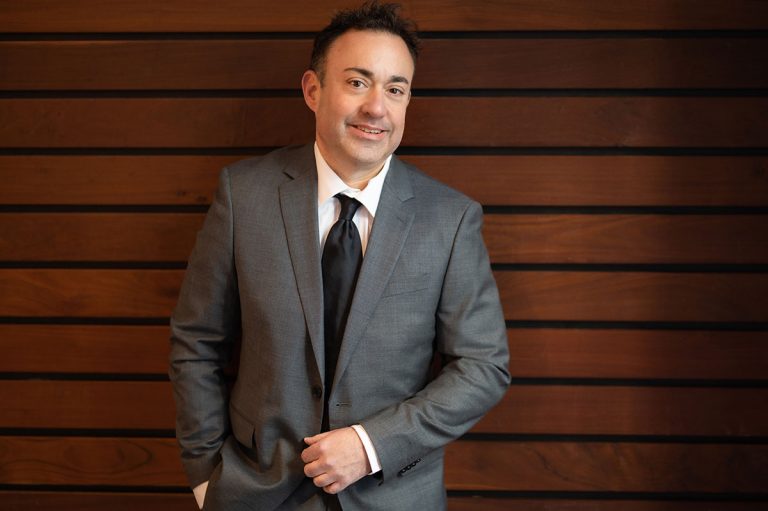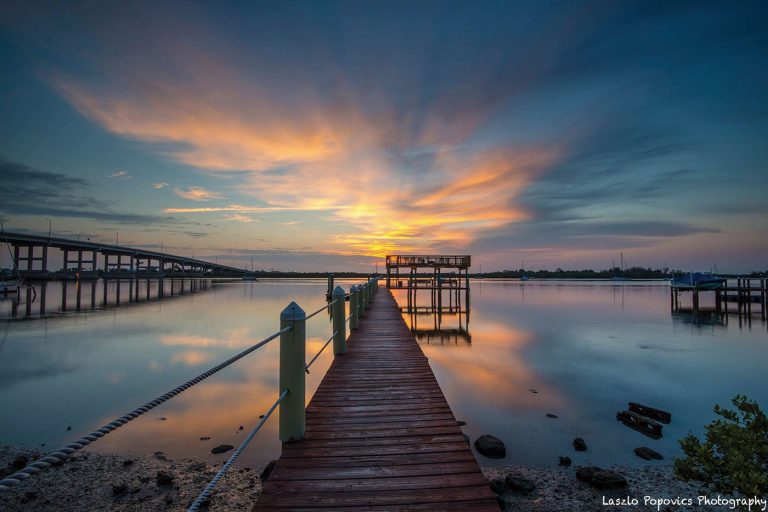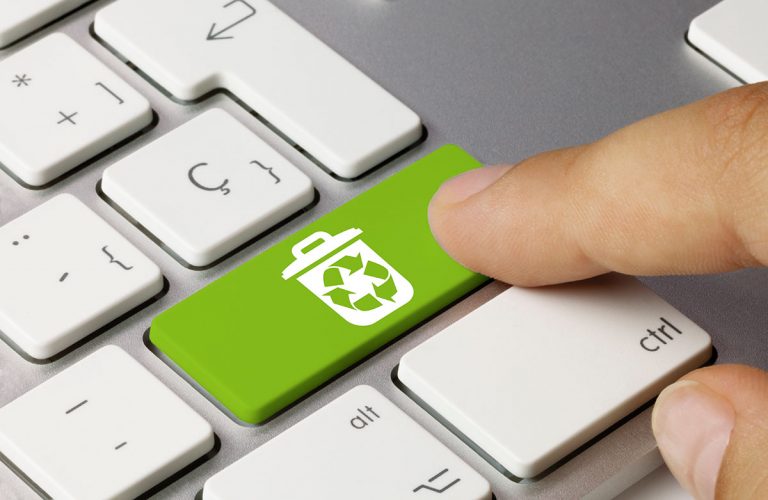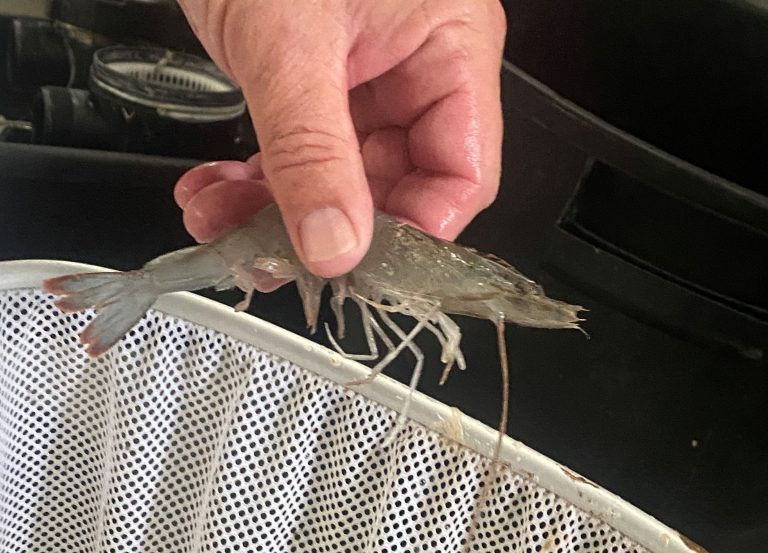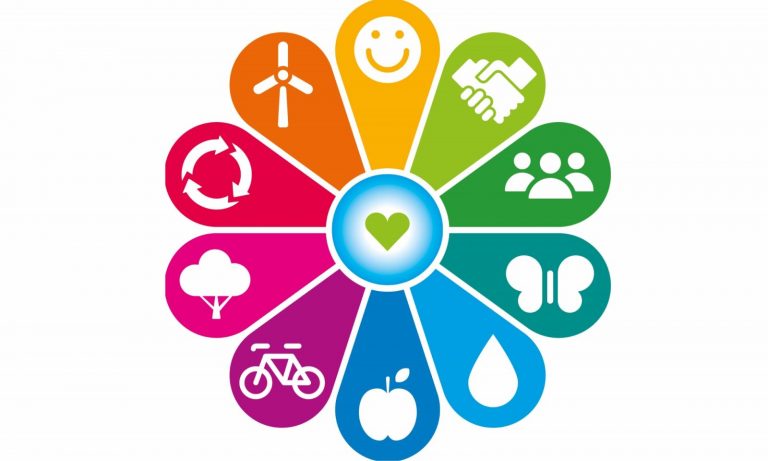Preparing Graduates for Green Careers Locally
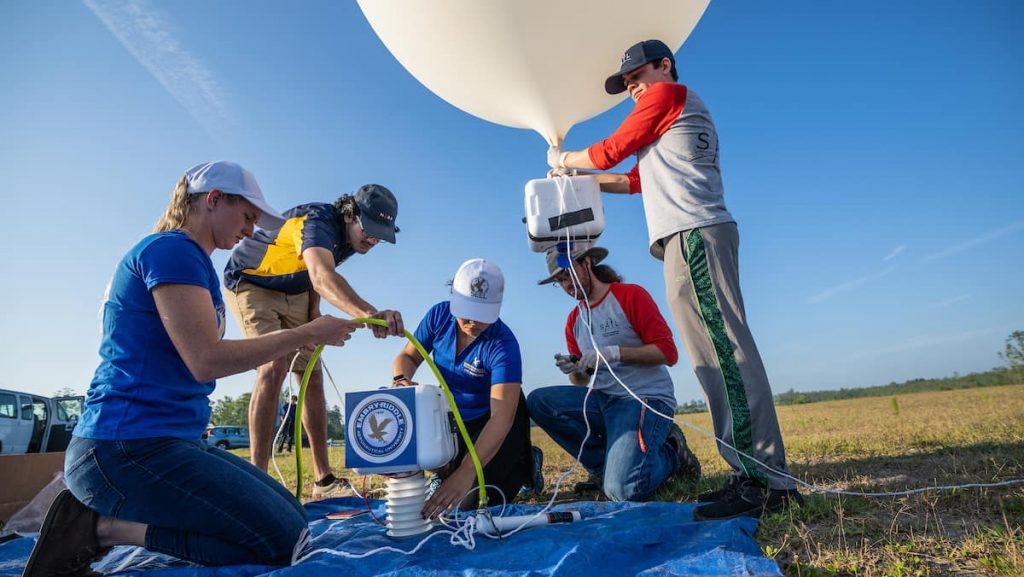
The interest for green jobs is growing, and these colleges and university help meet the demand
The demand for green jobs is growing, and with it, tools and training to meet the interest.
A green jobs survey report from the Florida Agency for Workforce Innovation says positions with a slant towards sustainability can be found in almost three dozen industry sectors statewide, including agriculture, health care, manufacturing, oil and gas extraction, recreation and more.
Many of these jobs require specific green certification or training, the survey says. It notes that a large portion of the green jobs in Florida requires either an Associate degree or Bachelor’s degree.
Overall, between 2015 and 2019, green jobs grew by 13.2%, more than twice the rate of total job growth, says the State of the Planet report from Columbia University in New York.
Green jobs are as they sound: employment in roles that help protect biodiversity and ecosystems in a variety of ways, including reducing or economizing the use of energy, materials and the like. It’s a way to avoid forms of pollution and waste and be more friendly to the environment.
“There are more and more [green] jobs available,” says Dr. Marwa M.H. El-Sayed of Embry-Riddle Aeronautical University in Daytona Beach. El-Sayed is assistant professor of Environmental Engineering in the Department of Civil Engineering at the school.
“You see a lot of big companies asking for sustainable; it’s just really the future, not just in my industry,” she says. El-Sayed has been doing sustainability and environmental engineering for more than a decade now. When she joined Embry-Riddle around four years ago, a sustainability and environmental engineering lab was established.
“So we train students to know what sustainability is; we teach them about it and civil engineering. There’s a lot of projects going on.”
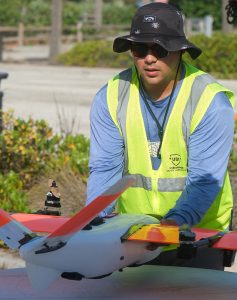
Adrian Imai Bates-Domingo, originally from Hawaii, is finishing his Master’s in Unmanned Systems with a specialization in drone program development this spring at Embry-Riddle.
“Coming from a family that emphasizes sustainability through culture and the ocean, I wanted to find a way to implement my passion for unmanned aircraft by helping the environment and the life within it,” he says.
“When I graduate, I want to be a pilot for a wildlife or environment drone firm,” says Bates-Domingo. “I want to use my degree and passion for the environment for research and development in areas that need it the most. I also want to help introduce drones to the world in a safe, trusting manner.”
At four Florida institutions of higher education, as well as at select online learning centers, there are opportunities for green jobs training.
BETHUNE-COOKMAN UNIVERSITY
Daytona Beach
Bethune-Cookman University (BCU), a private, historically black university, has roots back to 1904. Currently, BCU offers 39 bachelor’s degrees and six master’s degrees in a number of schools and colleges.
Among those is the Integrated Environmental Science program, part of the College of Sciences, Engineering and Mathematics. Here, education and research opportunities in basic and applied interdisciplinary environmental science are provided for undergraduate and graduate students.
The school says the subdiscipline of Sustainable Human and Environmental Systems “seeks to combine scientific and social information in order to make informed decisions regarding complex, relatively large-scale ‘wicked’ environmental issues.”
For more, visit www.Cookman.edu
DAYTONA STATE COLLEGE
Daytona Beach, plus other campuses
Daytona State College, established in 1957, is a public college offering more than 100 certificate, associate, and baccalaureate degrees in a wide range of fields. DSC also offers an assortment of fully online degree programs through long-distance learning.
“Daytona State has worked with industry partners to re-organize its Water Specialty, within the Environmental Science Technology Program, to include content required to meet the State Department of Environmental Protection’s (DEP) certification for Water Treatment Operator Level C and Wastewater Treatment Operator Level C,” says Dr. Jennifer Bell, assistant chair, School of Biological and Physical Sciences
She notes upon completion of the program, students qualify to take the State exam in both areas, and they can obtain the state license once they pass the qualifying exams and complete the necessary hands-on hours.
The Wetlands/Bio-ecological specialty prepares students for entry-level positions in the environmental sector, says Bell. “They take a wide variety of sustainability-based classes to gain the insight to apply their knowledge to help address today’s problems.”
For more, visit www.DaytonaState.edu
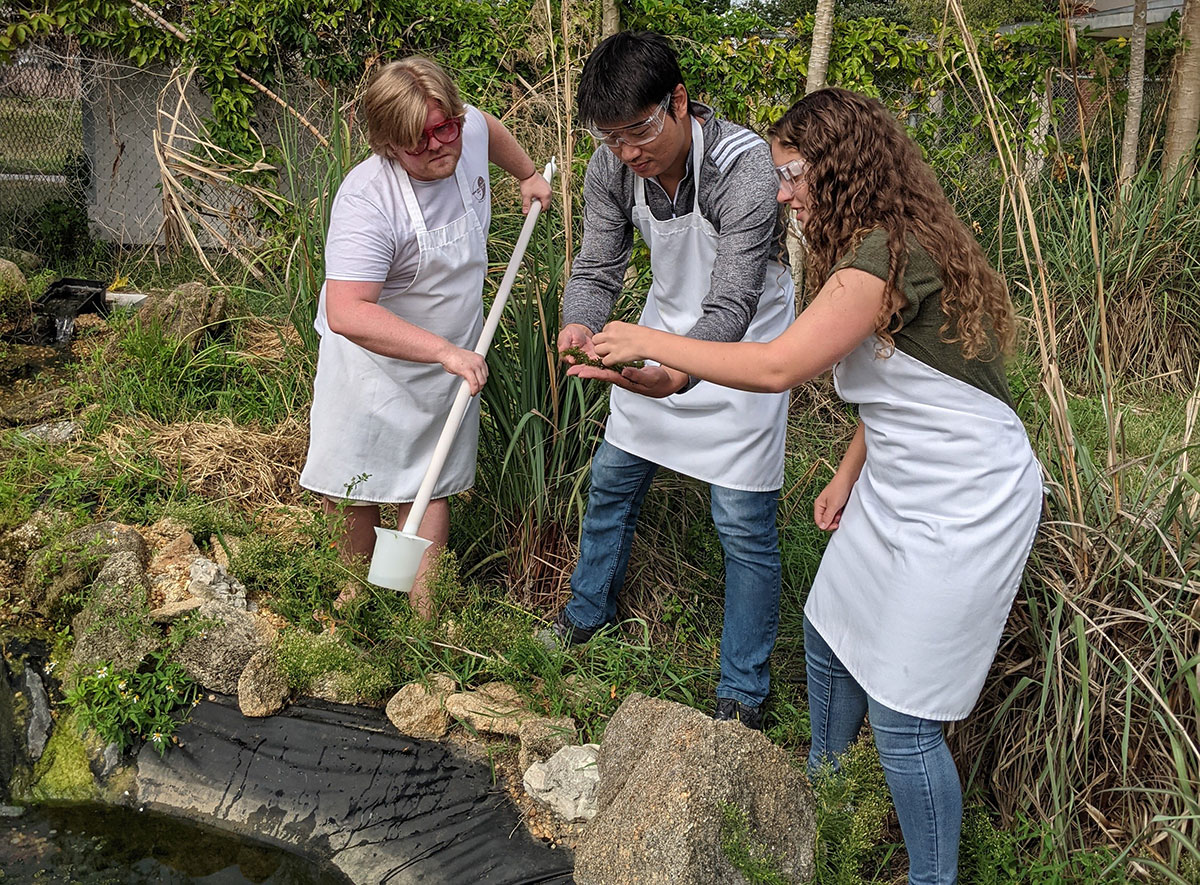
EMBRY-RIDDLE AERONAUTICAL UNIVERSITY
Daytona Beach, plus other campuses
Embry-Riddle Aeronautical University is a private university initially founded in Ohio in 1926; the school moved to Daytona Beach in 1965. There are also online courses.
Graduate students are offered access to the Aviation and Aerospace Sustainability Certificate Program, which earns graduate-level credits that can go towards a Master of Science in Aviation and Aerospace Sustainability.
“The U.S. Bureau of Labor Statistics predicts steady growth for green and sustainability jobs through 2026. This graduate certificate is for anyone in the aviation and aerospace fields seeking job advancement and wants to demonstrate their expertise in the sustainability field,” the school says.
For more, visit www.ERAU.edu
STETSON UNIVERSITY
Deland, plus other campuses
Founded in 1883, Stetson University is a private university with four colleges and schools offering a number of degree and non-degree programs, as well as online graduate programs.
The university offers a comprehensive Environmental Science and Studies schedule for students graduating with a BS in Environmental Science or a BA in Environmental Studies.
There is also a Sustainable Food Systems field of study that can be used to obtain a Sustainable Food Systems minor. This includes opportunities to work in the on-campus garden project, get hands-on in Campus Dining Services and more.
For more, visit www.Stetson.edu


